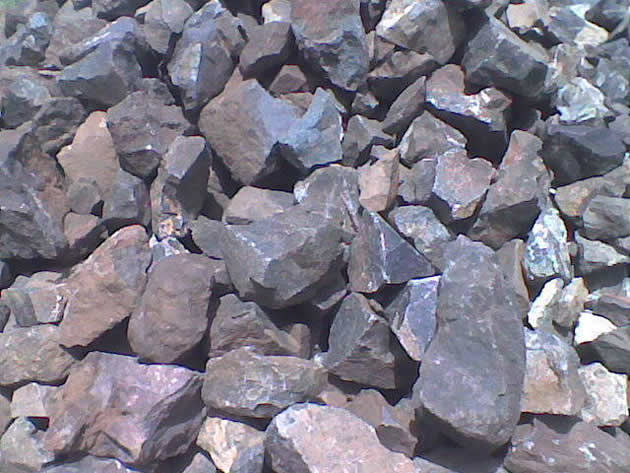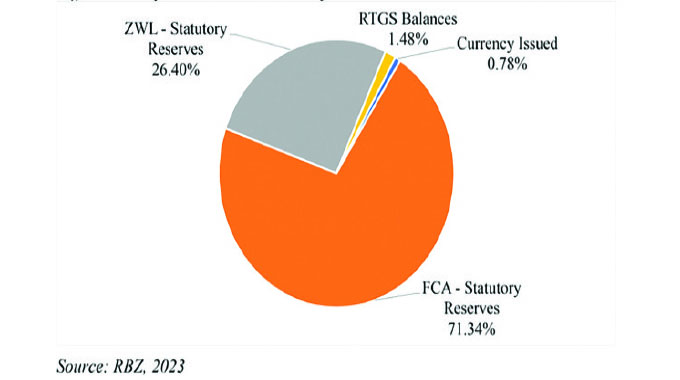State sets chrome ore prices

 Martin Kadzere Senior Business Reporter
Martin Kadzere Senior Business Reporter
GOVERNMENT, through Apple Bridge Investment – a special purpose vehicle established to facilitate chrome ore exports – has set prices at which it will buy the mineral from local producers.
The SPV is comprised of the Ministry of Mines and Mining Development, the Reserve Bank of Zimbabwe, Minerals Marketing Corporation Zimbabwe and Zimbabwe Revenue Authority.
It is meant to create efficiency in buying and selling of chrome ore.
While the criteria used to gazette the prices could not be ascertained, it is understood that the SPV has come up with a pricing structure for producers and external buyers.
The Government has identified four foreign buyers with an offtake agreement deal with International Commodities Holdings already sealed.
Three are being worked on.
Sources familiar with the developments said prices to paid to producers range from $40 to $80 per tonne for lumpy chrome, depending on grade and $55 to $84 for concentrate.
Export prices ranges between $70 and $100 per tonne for lumpy and $75 and $100 for concentrates.
However, the pricing regime is likely to face resistance from miners who believe that producer prices would be heavily discounted when compared to the export prices.
“The price difference is too high as in some cases, the SPV will get as much as 40 percent of the earnings,” said the source who requested anonymity for professional reasons.”
“This is even defeating the purpose of scrapping the 20 percent export tax.”
No official comment could be obtained from Mines and Mining Development Ministry yesterday.
But an official with the Ministry said the deductions from export prices include statutory fees; 0,875 percent for Minerals Marketing Corporation of Zimbabwe, 5 percent royalty fee and costs for management of hubs and logistics.
“The difference between the export price and local price takes into account expenses related to logistics and statutory fees,” said the official.
“But the miners, small scale in particular, argued they should be paid the export price, less statutory fees.”
The Government lifted the four year ban on chrome ore exports in June this year to boost foreign earnings from the sector and enhance viability of the small scale miners.
The Government had imposed ban on chrome ore exports in 2011 to encourage companies to beneficiate the mineral.
However, the ban had negative impact on producers, particularly small scale miners, with some being forced to shut down. The 2011 ban was not the first as Government in 2007 suspended raw chrome exports.
After lifting the ban in 2009, the chrome sub-sector continued to experience challenges.
These included lack of effective accounting framework for chrome ore volumes and values exported through the port of Maputo, lack of a well-coordinated administration and monitoring framework for production, marketing and export of chrome ore and environmental degradation that resulted from uncontrolled mining of the mineral.








Comments